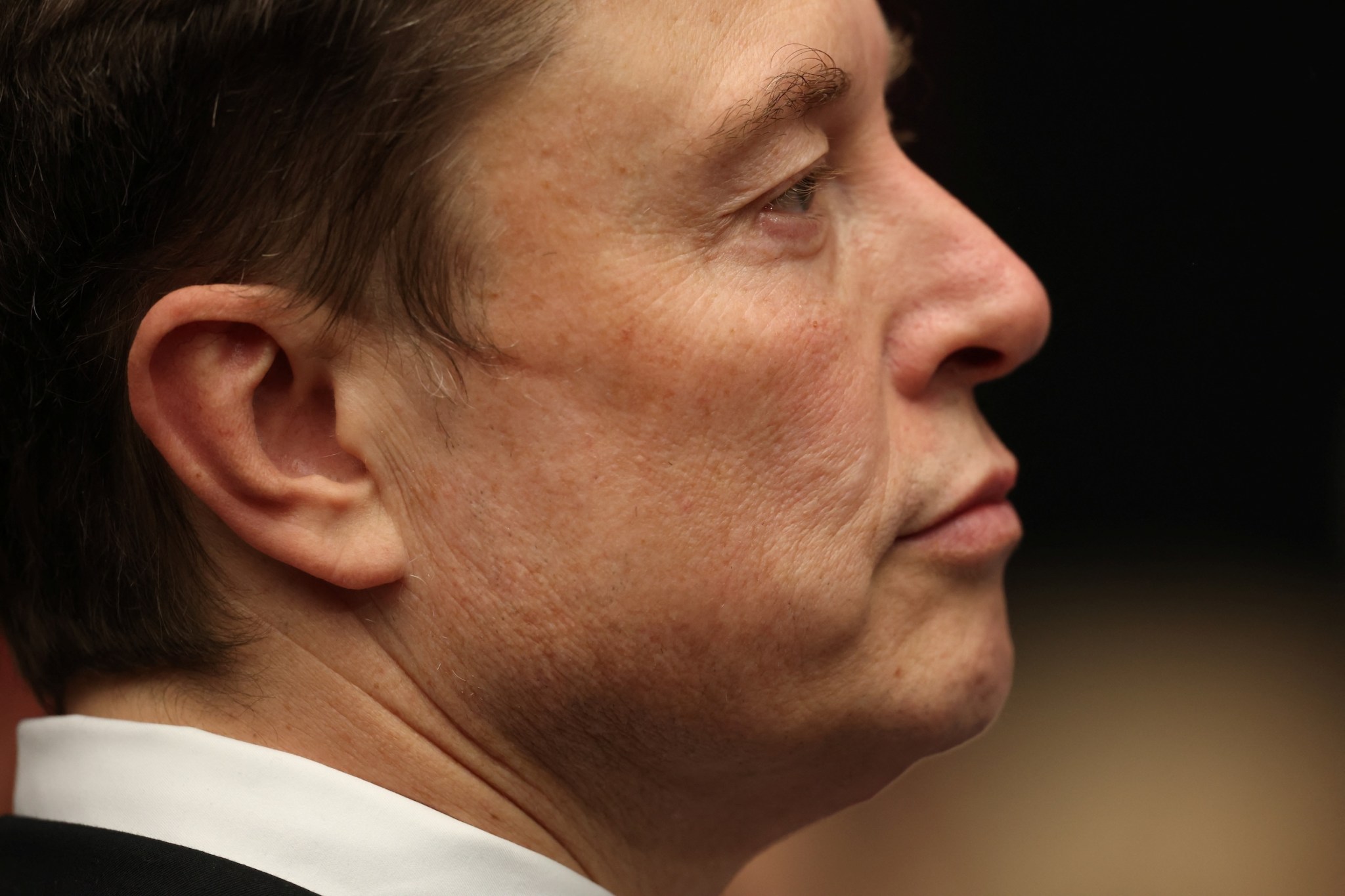
- In today’s CEO Daily: Geoff Colvin on Elon Musk’s $1 trillion pay package.
- The big story: Long delays at U.S. airports as FAA reduces flight capacity amid shutdown.
- The markets: It’s bad out there!
- Plus: All the news and watercooler chat from Fortune.
Good morning. For Elon Musk, the Texas gambit seems to have worked—great news for Musk, bad news for shareholders of U.S. companies.
At Tesla’s annual meeting on Thursday, shareholders voted in favor of giving CEO Musk a gargantuan, record-shattering pay package that could give him stock worth $1 trillion after several years. It’s all upside for Musk; under the package’s rules he has nothing to lose. But the backstory of how he got there is worrisome.
Very briefly: In 2018, the Tesla board of directors gave Musk a 10-year pay package that could bring him, if he met certain financial targets over ten years, as much as $55.8 billion—a new record for CEO pay at the time. A Tesla individual shareholder sued Musk and the Tesla board for breaching their fiduciary duties. After years of litigation, a judge in Delaware, where Tesla was incorporated like most big U.S. companies, ruled against Tesla and Musk, invalidating the pay package. Other corporations began to fear that Delaware might no longer be the best place to incorporate. In response, Delaware last March passed a law to make the state more alluring, to which Texas quickly counter-punched with an even friendlier law. Key feature: Lawsuits against companies like the suit in Delaware can be initiated only by shareholders who hold at least 3% of the company’s shares. The only person with more than 3% of Tesla is Musk. This summer, Tesla left Delaware and incorporated in Texas, where the company’s board promptly offered Musk the new, eye-popping pay package.
Supporters of the pay package, which apparently received 75% of the shareholder votes at the meeting, will argue that it aligns management and shareholder interests (to get the trillion-dollar payout, Musk must meet a series of milestones, including boosting Tesla’s market cap to $8.5 trillion from its current $1.5 trillion). But what’s good for corporations and management is not always good for shareholders, and rules like the Texas 3% threshold insulate companies from accountability—they whittle away shareholder protections, such as the right for any shareholder to sue a company. And in doing so, they minimize the judiciary’s role in overseeing corporate conduct, weakening the system that has built the extraordinary U.S. economy.
The fight to attract big corporations is heating up as states hope to take away some of the incorporation fees and the business litigation that bring Delaware some $2.2 billion annually. Nevada is on its way; Dropbox and TripAdvisor are among those that have reincorporated there since last year. Oklahoma Gov. Kevin Stitt has said, “I’m trying to take down Delaware.” Competition is good. The danger is that as states vie to become corporations’ legal homes, the competition risks becoming a race to the bottom.—Geoff Colvin
Contact CEO Daily via Diane Brady at diane.brady@fortune.com







